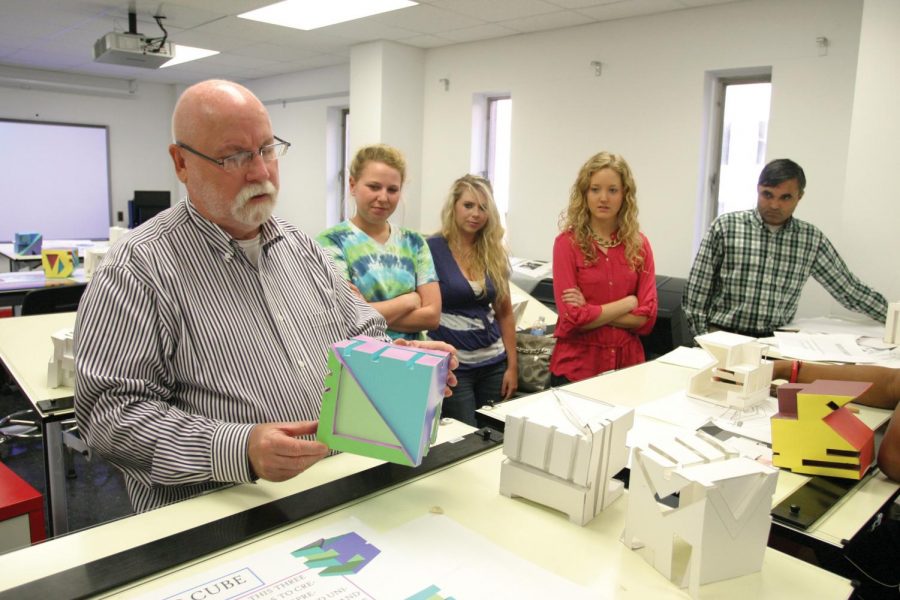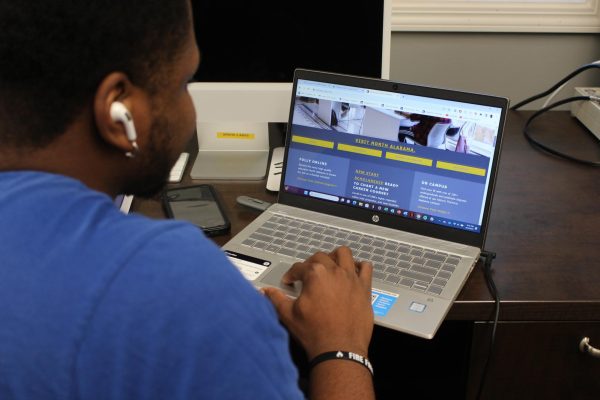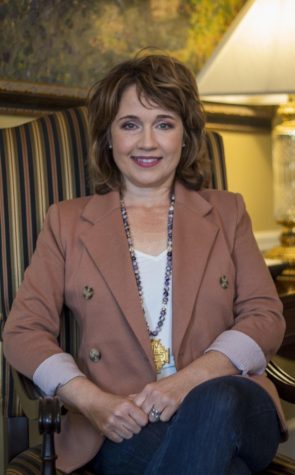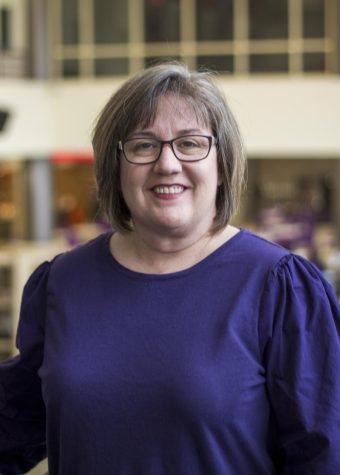College of Education sees name change
June 6, 2012
The College of Education may soon be sharing a bigger umbrella with the Department of Human Environmental Sciences (HES) and the Department of Health, Physical Education, and Recreation (HPER) as it moves to change its name to the College of Education and Human Sciences.
The change was approved by the board of trustees March 16. The proposal will now go before the Alabama Commission on Higher Education (ACHE) and, if passed, is expected to take effect in the 2013–2014 academic year.
The name is a popular one among similar universities that are undergoing the same transition, said Dean of the College of Education Dr. Donna Jacobs. She said she believes the new name will be a better fit for the college as a whole.
“We finally agreed as a collaboration that the most appropriate name that encompassed all we are was the ‘College of Education and Human Sciences,’” Jacobs said. “It just better exemplifies who we are on this campus. I think it’s a real opportunity to show our ideas and philosophies.”
Those ideas, Jacobs said, are changing.
“The College of Education found themselves needing to expand in order to more accurately capture the majors and courses currently being offered,” she said. “Four of five departments offer degrees that don’t lead to school-based careers.”
HPER Chair Dr. Thomas Coates echoes Jacobs’ statement.
“It’s not just teacher education anymore,” Coates said.
HPER currently offers majors in exercise science, fitness management, health promotion, recreation and sport management. Coates said these majors are not designed to lead to teaching careers, yet they are housed in the College of Education.
The problem, he said, is that students often don’t know where to look for those specific majors.
“Where do you find it?” he asked. “The problem is, you don’t know where to look for it. It happens all the time. We have some pretty unique programs and some strong academic programs—it’s just a matter of being able to find those (majors).”
Jane Wilson, chair of the HES department, shares a similar problem.
“We get frustrated in HES—that’s a vague umbrella name for what we do,” Wilson said. “It’s hard to tell people who we are.”
HES offers child development, culinary arts, foods and nutrition, interior design and merchandising, which are all nonteaching majors.
“We’re so diverse in this department, and we’re proud of it,” Wilson said. “We’re dealing with the most important parts of life: food, clothing and shelter. By enhancing the name to better represent who we are, it would be better for everyone.
“Being a part of a larger whole, I think, is important to our students.”
Jacobs said confirmation of identity is a big part of the name change.
“I think it helps with their (HES and HPER) identities; it gives them a sense of belonging,” she said. “This way, their college name will more accurately capture their disciplines.”
Despite all of the change, Jacobs, Wilson and Coates all said the name change does not indicate that any cuts or additions will be made to the department.
“This name change does not mean everything is going to change,” Coates said. “It is a name change to reflect what we are doing. We’ll just keep going and changing and doing what we do.”












